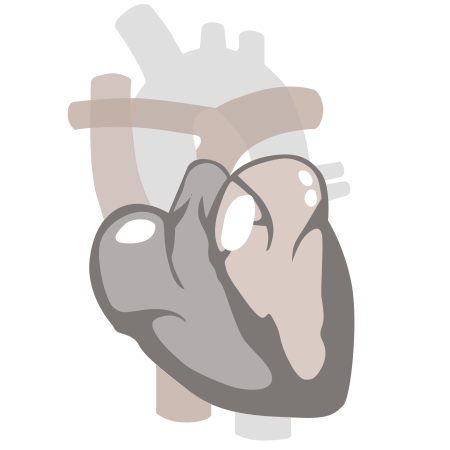Heart and lung
Issues with your breathing or your heart can have a huge impact on the way you live your life. We offer a broad range of tests and treatments to help you grapple with any issues you have in this area.
Common issues with the heart can often be overcome with procedures like bypass surgery or the implantation of a pacemaker.
See our Nuffield Health experts' articles regarding the health of your heart and lungs.

Simple test for a healthy heart
Struggling to find the motivation to get or stay fit? Fitness says more about your future health than you may think. All you have to do is listen to your heart.
With a little exercise, this simple heart test could warn you of your chances of developing disease and help you to improve your heart health. Jay Brewer, Professional Head of Clinical Wellbeing, presents this light-hearted video detailing how to the do the test yourself.
Mike’s angiogram: A journey inside the heart
Mike is no stranger to angiograms. He's back for a second one, after the symptoms of his angina mysteriously returned following six months of relief. Dr Suneel Talwar, Consultant Interventional Cardiologist at Nuffield Health Bournemouth Hospital, takes a look inside.
How does my heart rate show if I'm stressed?
Your heart holds the secret to your stress levels. Discover why, and how you can use heart rate variability to combat the effects of stress.
5 exercise tips to help control cholesterol levels
If you’ve been told your cholesterol levels are high, there are exercise habits you can adopt to help combat the problem.
Everything you need to know about scans and radiation
Worried about radiation levels in medical scans? If you're concerned, understanding more about radiation and the amount we absorb from things like flights and spending time in the sun can help put your mind at ease before a scan.
How does an MRI scan work?
MRI scanners give medical professionals a detailed image of your body's internal structure. Learning more about how an MRI scan works and what to expect on the day can help put your mind at ease if you have one coming up.
Symptoms
Whatever your symptoms you should see your GP for a proper diagnosis. Some common symptoms:
Conditions
Some common conditions and diseases that could match your symptoms:
- Aneurysm
- Angina
- Atrial Fibrillation/Flutter
- Chronic obstructive pulmonary disease (COPD)
- Lung cancer
Tests and scans
We offer a range of tests and scans to help understand your needs. Some key tests and scans include:
- AAA (abdominal aortic aneurysm)
- Angiography
- Electrocardiogram (ECG)
- Larynx diagnostic endoscopy (or laryngoscopy)
- Echocardiogram
Treatments
Getting treated as soon as possible can be easy. Some key treatments and procedures include:
- Aortic aneurysm repair
- Aortic stent grafts
- Implantable cardioverter defibrillator and cardiac resynchronisation therapy
- Angioplasty
- Aortic Root Repair
